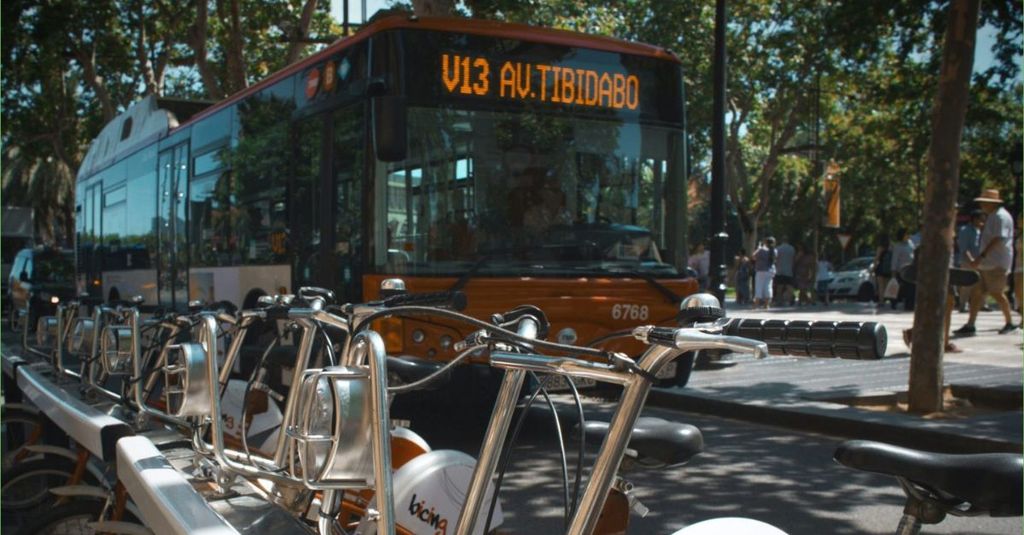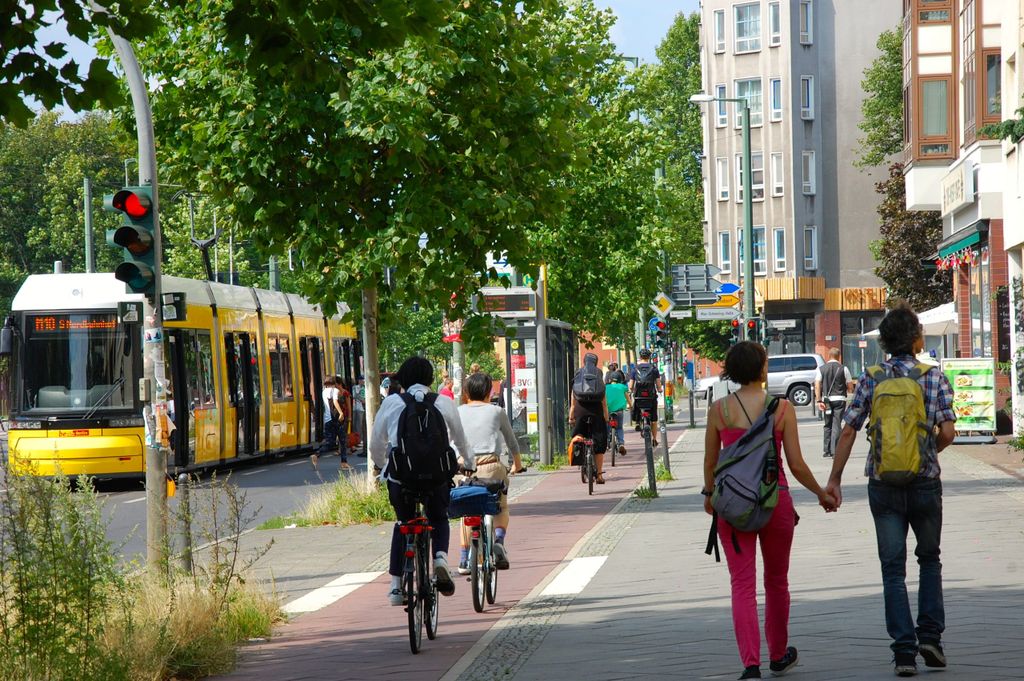
New UITP shared mobility division unites pioneering sector
To bring together the entire shared mobility industry, UITP has launched the Shared Mobility Division. It offers professionals from this evolving and growing space the opportunity to come together within UITP. On top of that, the committees and working groups inside the division will work to advance knowledge on shared mobility and enable the exchange of ideas, best practices and experiences.
The Shared Mobility Division will come together for the first time in early 2024. Members will be able to meet their peers, discuss the most pressing issues they are facing and learn from each other. Crucially, the division will also discuss its priorities for the coming years, setting a direction for the sector.
We know that the term shared mobility is quite broad given the diversity of the sector. So, what does UITP mean by shared mobility? We define shared mobility as the sharing of vehicles, like micromobility or cars, among various users.
On the one hand, you have shared vehicle services where users drive themselves to their destination. On the other, you have on-demand mobility services where others drive for you, such as demand-responsive transport, taxis, ride-hailing, and carpooling. When these work in tandem with traditional public transport modes, we call this combined mobility.
Stay up to date with the latest on shared mobility from UITP. Register to our newsletters!


An industry enabling better quality of urban life for all
By allowing people to access shared vehicles such as bikes, e-scooters and cars or to be carried through on-demand buses or cars, shared mobility enriches the mobility mix, satisfies different needs and makes door-to-door journeys easier.
These services should seamlessly complement traditional public transport modes and encourage the shift away from private cars. They reduce congestion, energy consumption, noise and air pollution, and provide essential mobility to all.
By integrating shared mobility into the scope of UITP, we can ensure this rapidly growing sector will integrate into the existing public transport networks, and ultimately give urban space back to people.
The UITP Shared Mobility Division brings together stakeholders from across the sector. This includes start-ups working on the cutting edge of micro-mobility and autonomous driving, but also welcomes traditional stakeholders like taxi companies and public transport operators that operate, for example, a shared bike system. The division is also open to authorities regulating the sector and associations in the field.
At the heart of our engagement will be UITP committees and working groups. These bring together selected professionals from sectors in shared mobility. They are the active working bodies of UITP and work on peer-to-peer exchanges and creation of knowledge for the sector.
The division consists of the On-Demand Mobility Committee and the Shared Vehicles Committee. UITP committees and working groups related to shared mobility are:
Join your peers
Is your company a UITP member? And do you want to join the committees and working groups? Get in touch with Lidia Signor!
Not yet a member? No problem! Check out our other membership benefits and how to become a member. If you have any questions about membership you can ask it directly via the link below. You can also request a meeting with one of our membership experts.
Contact
UITP

UITP

The growth of shared mobility within UITP
Shared Mobility has been represented in UITP for many year. For example within the Combined Mobility Committee and Taxi- and Ride Hailing Committee. This has already led to numerous reports and achievements.
Most recently, UITP published reports on the taxi- and ride hailing landscape, mobility hubs, and how combined mobility can support rural communities.

*Acting on behalf of Mohamed Mezghani SARL







